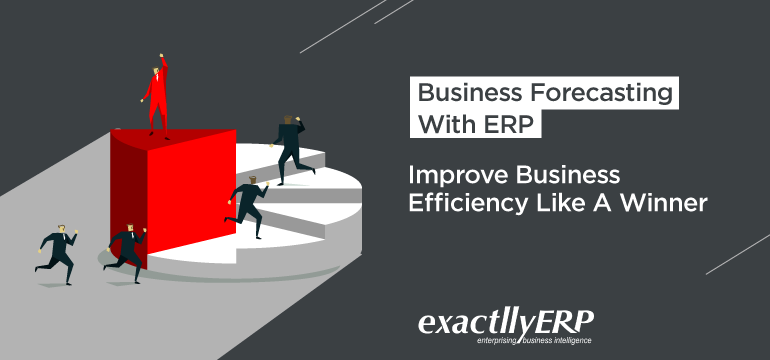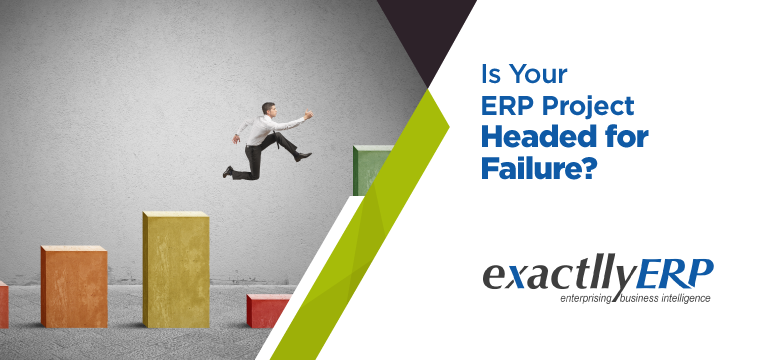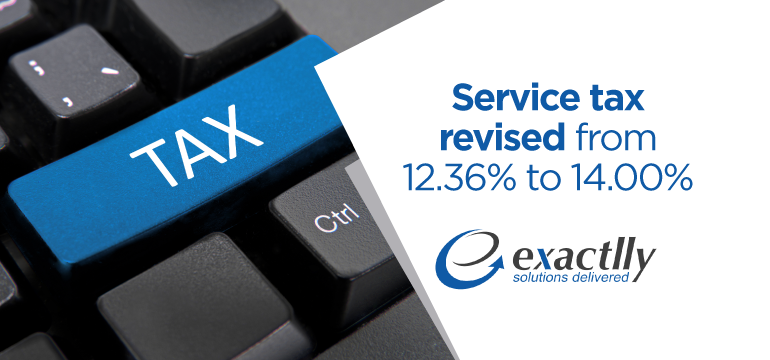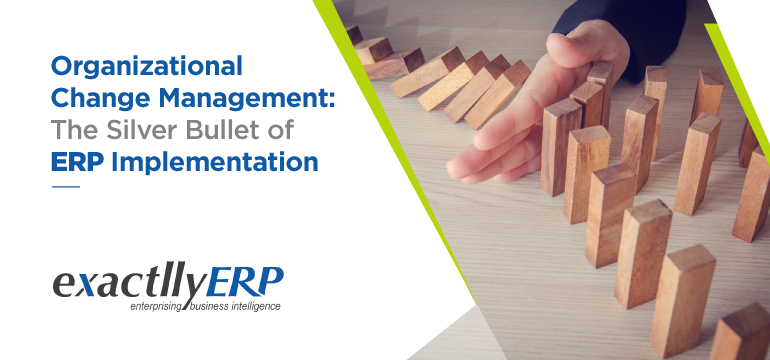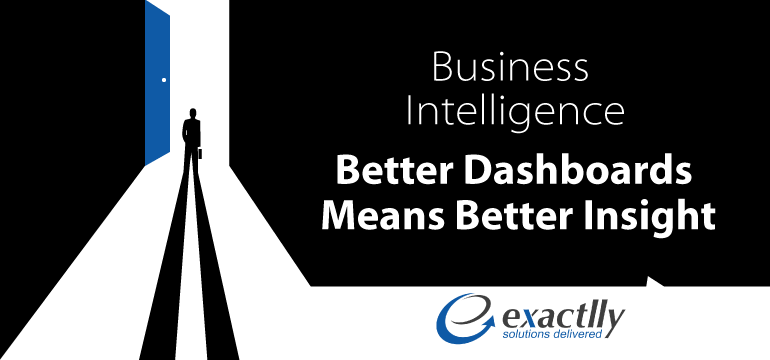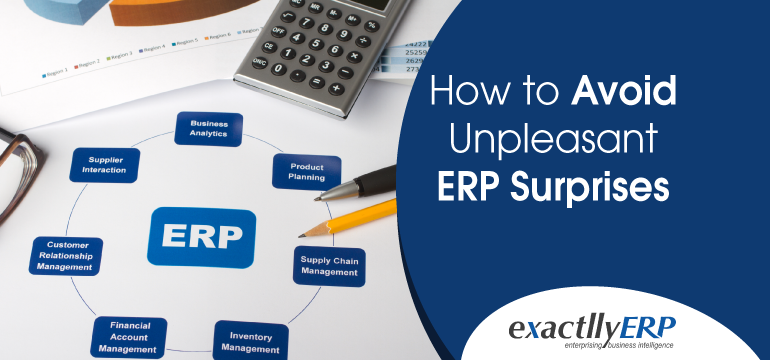5 Reasons to Upgrade Your ERP Right Away
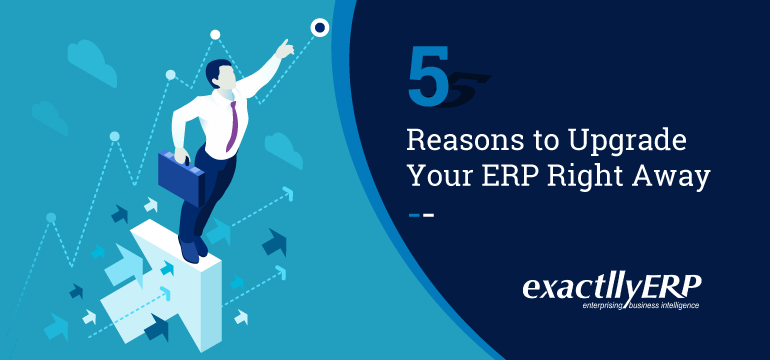
Recent surveys show that most companies purchased their ERPs many years ago, and a majority of these ERP users have not upgraded to the latest versions of their tools. What’s more, these businesses continue to use ERP solutions that have not been updated with newer features and integrations. Consequently, businesses do not see the results they wish to see and continue to add up expenditure because of ERP maintenance and unnecessary data.
Using an outdated ERP brings down productivity and creates a negative attitude towards technology among employees. After all, employees are used to newer applications on their mobile phones that are attractive, with intuitive interfaces. There are also serious security-related risks while using ERPs that are not updated frequently. To avoid these and many other pitfalls, it is important to upgrade your ERP right away.
In this article, let us take a look at five reasons that should compel you to upgrade your ERP immediately.
1. ERP Needs Updating Regularly –
Shockingly, both businesses and ERP vendors are at fault for not upgrade your ERP tools frequently. If vendors regularly release updates, studies show only a minority of organizations take the trouble of updating their software solution. On the other hand, many vendors do not release frequent updates. Certain ERP products which were successful in the last decade have now been replaced by newer products even by their own developers. This is one of the reasons why older solutions get neglected and ignored by certain vendors. However, a professional vendor will ensure that an ERP will remain relevant and updated for a long time to come.
2. Technology has Changed –
Many businesses use ERP solutions that lack newer functions that competitors offer. For instance, AI-enabled ERP solutions are hard to come by because most vendors do not offer such integrations. In addition, they may also not make use of IoT and other sensor-based technologies which are crucial in keeping work floors smart and productive. Earlier, ERPs had very limited functionalities and mostly catered to business operations within an organization. However, modern ERPs can do much more than just that, and integrations can completely change the way we view ERP solutions. If your ERP already doesn’t have integrations, it is time to get a consultation with a reputed vendor.
3. UI/UX of most ERP are not Contemporary –
One shouldn’t be surprised to discover that most ERP solutions today, even the ones that are delivered via the cloud, have dismal UX/UI. Most employees are used to ultra-intuitive applications on their mobile phones and are often aghast to find out how clunk the ERP they need to use at work really is. This results in avoidance behaviour and a reversal back to manual ways. This brings down productivity and a general dislike of technology. It is quite ironic that the more we force people to use technology, the less inclined they are likely to be unless the user interface matches up to the latest application they might be using on their own phones.
4. Many ERP Solutions are Vulnerable to Security Threats –
As discussed previously, both vendors and users are at fault. Vendors are at fault for not releasing regular patches and bug fixes, while users often fail to update their ERP even when a fix is available. However, the problem goes much deeper. Security threats lurk around sensor-based tools and are often a reason for ERP tools getting attacked. Data breaches via ERP tools and associated sensors are the prime reason for vulnerabilities today. With this in mind, it is important to find an ERP tool that is designed to tackle modern threats and vulnerabilities. This means, your new ERP should be able to handle threats via sensors, AI integrations and other novel technologies.
5. Brace for Competition and Poor Economy –
It is no secret that the global economy isn’t doing all that well and many businesses may feel the pressure to perform better in order to survive the stiff competition. Smarter businesses will begin to invest more in automation enabled by artificial intelligence, and this includes ERP as well. By upgrading to a newer and more functional ERP, you will be able to tackle not just competition but also the poor economy. In addition, newer ERP tools provide you with valuable insight and analysis that can have a ripple effect on your bottom-line figures. If you already have a decent ERP, make sure to upgrade to its latest version and seek an integration consultation.
Implement ERP Afresh or Customize an Existing One:
As you can see, while vendors often don’t release patches and new features, users don’t update to the latest versions. Consequently, business owners suffer from various security-related vulnerabilities, decreased productivity and rather inefficient use of ERP features. In addition, most businesses don’t have the latest ERPs with features such as AI and sensors, resulting in sub-optimal results. Without switching to the latest ERP or at least making sure that the ERP has been updated to the latest version, businesses cannot expect smooth operations. The solution is to purchase a good ERP or update it to the latest one, albeit with a few integrations. Contact Us today for a customized solution also get a Free Demo, and make the decision to purchase a new ERP solution or customize an existing one.

